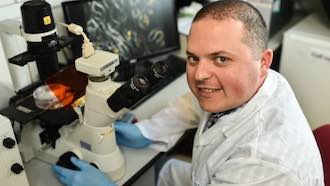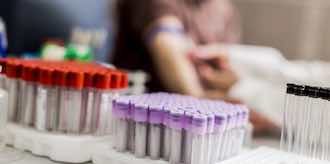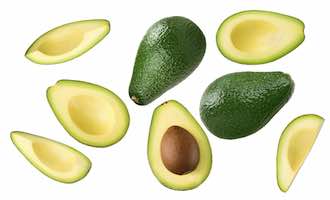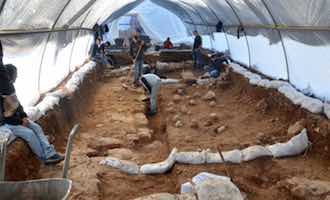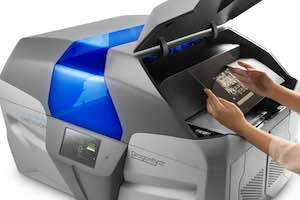Pursuant to Title 17 U.S.C. 107, other copyrighted work is provided for educational purposes, research, critical comment, or debate without profit or payment. If you wish to use copyrighted material from this site for your own purposes beyond the 'fair use' exception, you must obtain permission from the copyright owner. Views are those of authors and not necessarily those of Canada Free Press.
Content is Copyright 1997-2024--the individual authors | Site Copyright 1997-2024 Canada Free Press | Privacy Statement


